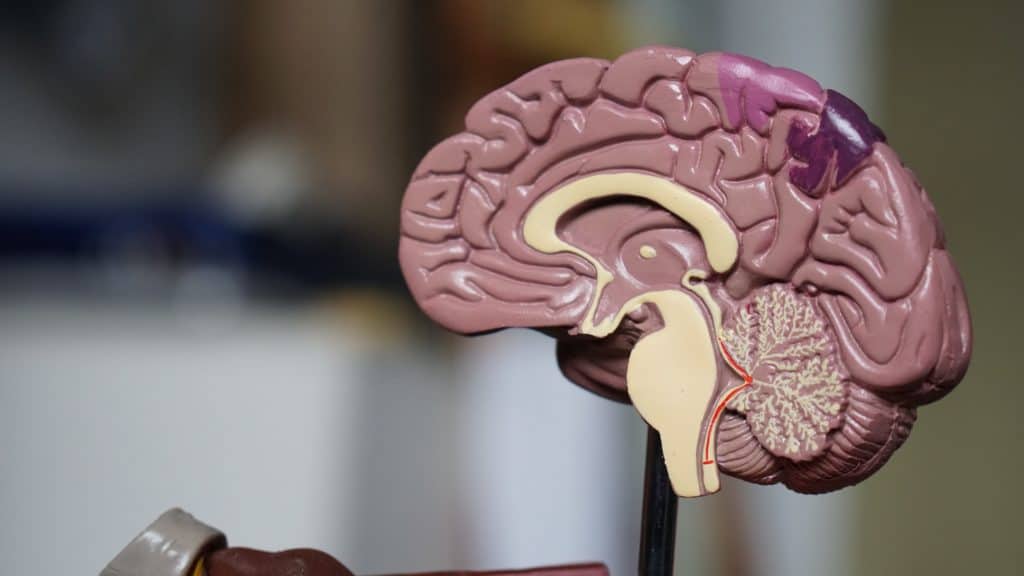Last Updated on October 29, 2025
Table of Contents
Addiction is a common and widespread problem today. According to the Centers for Disease Control and Prevention (CDC), approximately 18.5 million Americans struggle with addiction at any given time. This means that roughly one in every 13 people in this country has an addiction problem. If you or someone close to you has an addiction, then you might be able to relate to the effects of mental illness on addiction even more than before. Many people assume that having an addiction automatically means that they have a mental illness as well – but does that really have anything to do with the two being connected? In this article, we will explore how addiction can exacerbate mental illness, and what you can do about it if you’re struggling with both simultaneously.
What is Addictive Behavior and How Does it Relate to Mental Illness?
Addictive behavior is a form of compulsive dependence that causes a person to want to engage in a specific behavior or activity despite the negative consequences that may arise from doing so. There are different types of addictive behavior that can be observed in different areas of life. More specifically, many people with mental illness experience substance use disorder (SUD), a condition that means the person is regularly engaging in certain behavior that is either harmful or inappropriate to their current situation in life. SUD can lead to many problems, including legal, health, and relationship issues.
People with Mental Illness Are More Likely to Experience Addiction
If you or someone you care about is struggling with addiction, then you’re not alone. Many people with mental illness experience an increased risk of developing an addiction. This is because of a combination of factors, including the same predispositions that lead to addiction in those without mental illness. Other people who experience a mental illness may experience a heightened risk of developing an addiction because of a higher incidence of substance use as a coping mechanism. The important thing to remember is that it’s never too late to seek help. Addiction can have a serious impact on your life and the people around you. It’s important to get help as soon as possible.
The Connection Between Anxiety and Drug Addiction
Anxiety is a broad term that refers to feelings of unease or worry. Anxiety disorders fall into three categories: specific phobias, social anxiety, and panic disorders. All anxiety disorders are common, affecting more than 18% of the population at some point in their lives. Unfortunately, most people who experience anxiety don’t get the help they need. When people with anxiety become addicted to drugs or alcohol, the use of these substances can become their primary way of managing their anxiety.
When someone chooses to engage in substance abuse to manage their anxiety, they choose to compromise their mental health. This is a serious issue that can have lasting consequences for the individual, as well as their family and friends. If you or someone you care about is struggling with anxiety and/or addiction, then it’s essential to reach out for help. Treatment for anxiety can help you manage your symptoms and regain a sense of peace.
The Connection Between Depression and Drug Addiction
Depression is one of the most common mental health problems in the world. According to the National Institute of Mental Health, roughly one in five people will experience depression during their lifetime. About one in six people will experience major depression. While there is no ‘cure’ for depression, there are many effective treatments that can help reduce the symptoms and improve an individual’s quality of life. For some people, addiction can become a way to cope with depression. When someone chooses to engage in substance use to address their symptoms of depression, they risk making the symptoms worse. If you or someone you care about is experiencing depression and/or addiction, there are many resources available to help. Treatment for depression can lessen the compulsion to engage in harmful substance use as a coping mechanism.
Recovery With Nova
At Nova Recovery Center, Houston we provide our patients with a very comfortable detox process, where medical professionals provide monitoring and care around the clock. You will be provided with all the medications you need to combat the withdrawal symptoms. You will then be enrolled in the in-patient recovery program where you’ll learn to stay away from drugs, through counseling, group therapy, and so on.
Nova Recovery Center commits to helping you overcome your addiction so you can get back to what is most important to you. If you or someone you know are struggling with addiction, Nova Recovery Center can provide support. We have locations in Austin, Houston, and Wimberley Texas. Call today to begin your journey in recovery at (888) 428-1501.
